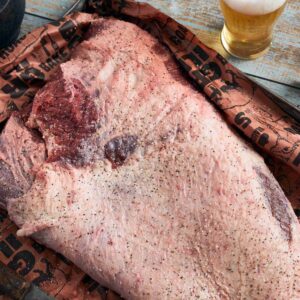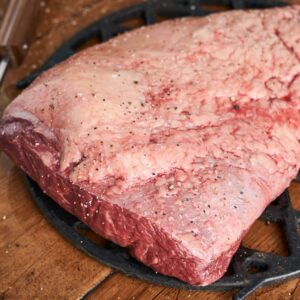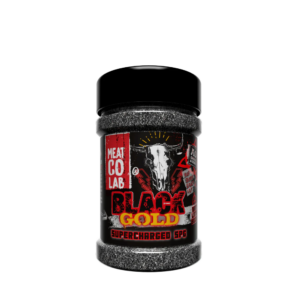
Rabbit curry with coconut
- 120 Minutes
- Easy
- Game Meats
This one is for the curry lovers out there. As we head deeper into the colder months, this rabbit curry recipe makes for flavourful, warm soul food that really hits the spot. Rabbit is not necessarily the first meat that comes to mind when you think of a curry but that’s what makes this dish so special and exciting.
Cooking Method
- Fry the onions, garlic, and chillies in the oil for 2 minutes in a wok or frying pan on a medium-high heat until they become soft. Add the curry powder, turmeric, and chilli powder and continue stirring for 4 minutes.
- Add the ginger paste, peanut butter, soy sauce, lime juice, and zest and keep cooking for a further 2 minutes on a medium heat. A touch of water might be needed to prevent sticking.
- Gently hit the lemongrass stalk with a rolling pin to release the flavour and put it in the pot. Sprinkle over the cornflour so it mixes with the other ingredients in the pan.
- Pour in the chicken stock, add the coconut milk, and slowly stir until it starts to thicken.
- Stir in the brown sugar and add the jointed rabbit pieces to the curry.
- Put the curry on the hob on a slow simmer and cook for 1 hour and a half. If it needs more liquid, add water until it reaches your desired consistency. Add salt and pepper to taste before serving.
The Ingredients
- 1 three-quarter-sized (roughly 1.5kg) fresh rabbit
- 4 tbsp of oil
- 1 medium, diced onion
- 4 sliced garlic cloves
- 2 bird’s eye chillies
- 1 tbsp of curry powder
- 1 ½ tsp of turmeric
- ½ tsp of chilli powder
- 2 tsp of ginger paste
- 100g of peanut butter
- 1 tbsp of soy sauce
- Lime juice and zest
- 1 lemongrass stalk
- 1 tbsp of cornflour
- 600ml of chicken stock
- 400ml of coconut milk
- 1 tbsp of brown sugar
What to serve with rabbit curry
Of course, with a curry the classic side dish is sticky rice, but there are some other nice accompaniments you can enjoy with this rabbit curry such as:
- Toasted naan bread
- Poppadom
- Samosas
- Onion Bhajis
Frequently Asked Questions
For those new to trying rabbit, it is a fairly healthy meat due to it being so lean. It’s rich in high-quality proteins, omega-3 fatty acids, vitamin B12, and minerals like potassium and calcium.
Rabbit is typically roasted, baked in a pie, or braised in a stew or casserole to ensure the meat is kept moist. However, its gamey flavour makes it a popular choice in terrines and pates too.



